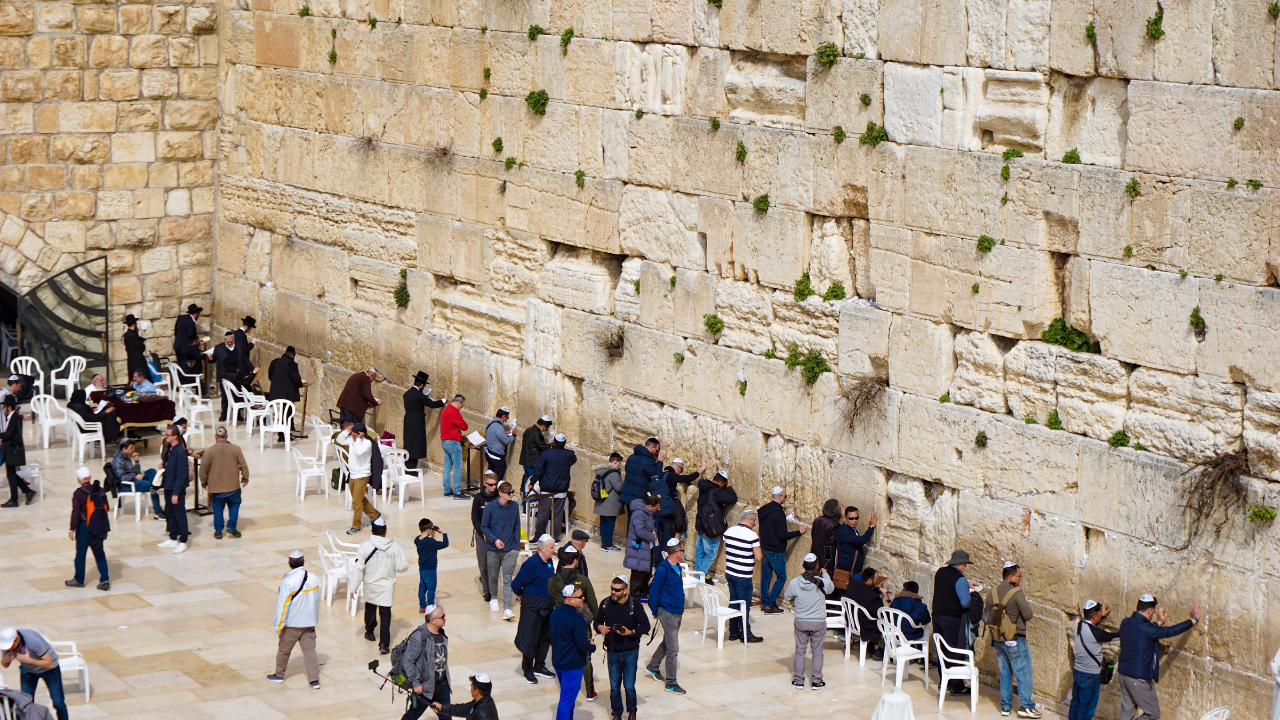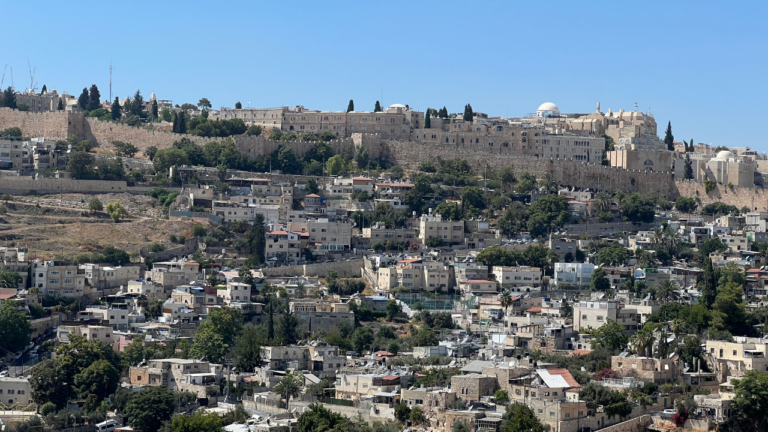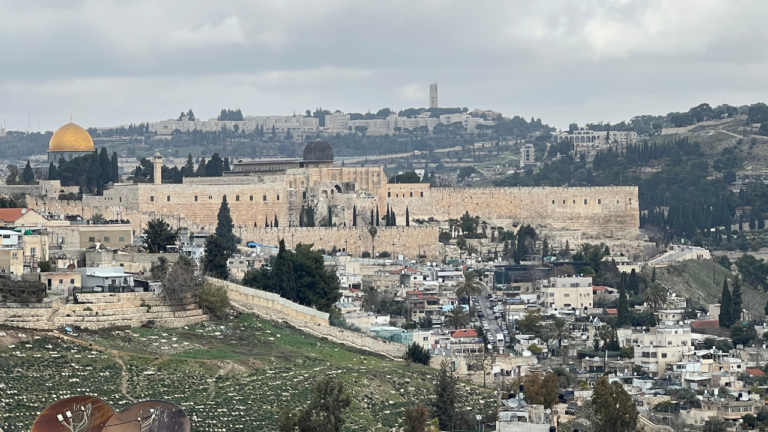Jerusalem, the Jewish People and God’s “Marriage”
This week’s parsha juxtaposes the laws of marriage with the laws of divorce. The Talmud teaches us that these two states are to remain independent of each other. Rambam codifies this law as follows:
[A man] should not marry a woman if he intends to divorce her. Nor should he maintain her as a wife and live with her, if he intends to divorce her.
One should not remain functionally married once there is a firm decision to divorce.
The Lubavitcher Rebbe uses this law to ask a question on God’s behavior. Tanach and later midrashic literature describe God and the Jewish people as being in a spousal relationship. God is the groom, while the Jewish people are His bride. We also know that God does not violate His own Torah and “behaves” in accordance with His own teachings.
If this is the case, asks the Lubavitcher Rebbe, how could God have ever entered a spousal relationship with the Jewish people? He knew from the start that the people would sin, worship false gods and need to be exiled from their land. The midrash refers to exile as a form of divorce – a severing of the relationship between God and the Jewish people. If this is the case and God knew all of this from the start, how was He ever able to enter a spousal relationship with the Jewish people? Is this not a violation of the rules of His own Torah?
The Lubavitcher Rebbe responded that this question itself proves a very basic point about our relationship with God. Despite appearances, we are always married to God. No matter if we are dispersed to the far corners of the world and it looks like God has divorced us, nonetheless, we are eternally married to Him. Exile may have the external trappings of a divorce, but it is a mirage. God’s marriage to the Jewish people is eternal. Accordingly, it was not a problem for God to marry the Jewish people.
Taking the Lubavitcher Rebbe’s idea one step farther, we can suggest that even during the long exile there are certain symbols of the eternal nature of God’s enduring relationship with the Jewish people. One such symbol is the city of Yerushalayim. The Talmud itself describes Yerushalayim as eternal. Our daily prayers ensured that we would never forget that Yerushalayim is ours. It is as if a marriage breaks down and the spouses separate but the wife still retains her ring and her ketubah. These become constant reminders and symbols that the separation does not constitute a complete severance. Yerushalayim is that ring or ketubah in our marriage to God.
How fortunate we are that today there are thousands of Jews who once again walk the streets of Yerushalyim. In God’s kindness He is bringing us close to Him once again – a reunification of the once separate spouses. May we soon merit to see the complete bonding of God and the Jewish people occur in our joint home – the city Yerushalayim.



